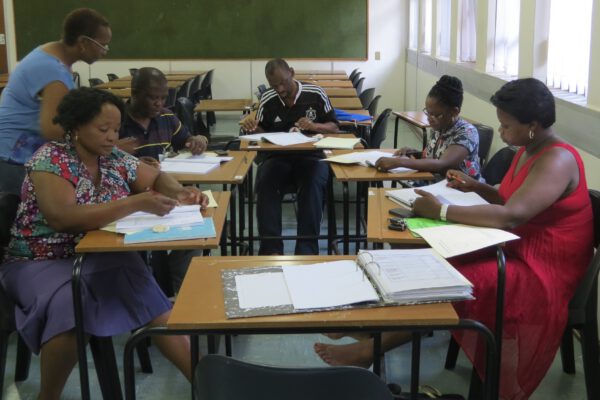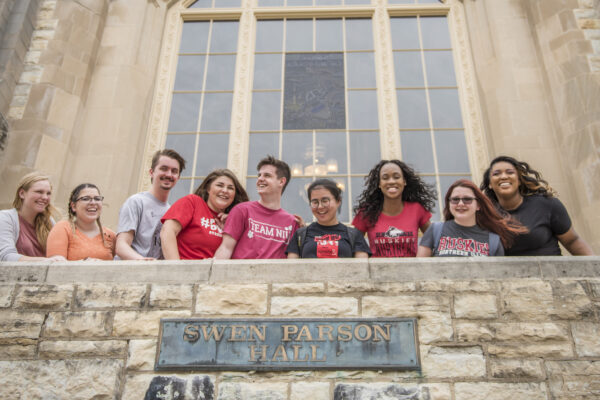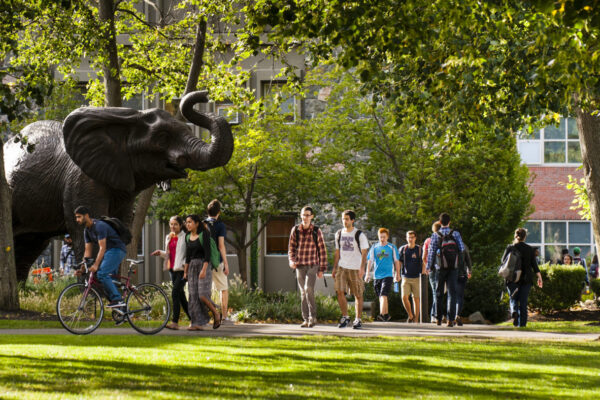ACE, Higher Education Groups Hold Briefing on International Students
ACE, along with the Association of Public and Land-grant Universities, the Association of American Universities, and NAFSA: Association of International Educators, hosted a briefing on Capitol Hill this week on international students and their importance to the American innovation ecosystem.
The briefing featured David Di Maria, associate vice provost for international education at the University of Maryland Baltimore County, who discussed the process of applying for an F-1 visa. Heather Stewart, NAFSA’s counsel and director of immigration policy, outlined the current regulatory environment, and Jon Baselice, director of immigration policy for the Chamber of Commerce, discussed the importance of keeping international students—especially in STEM graduate fields—in the United States after graduation. Graduate student Kinu Harichandran talked about her experiences as a student studying for her PhD in STEM and the need of certainty in completing research in U.S. universities.

If you have any questions or comments about this blog post, please contact us.


